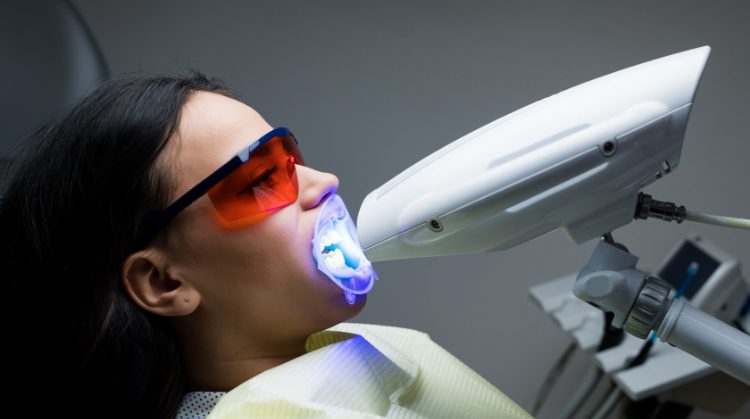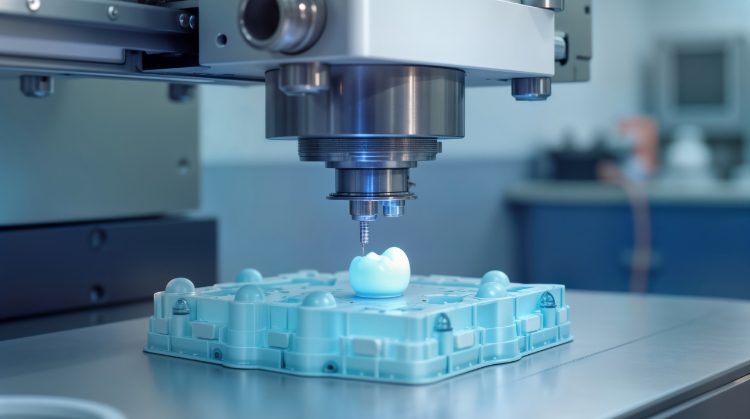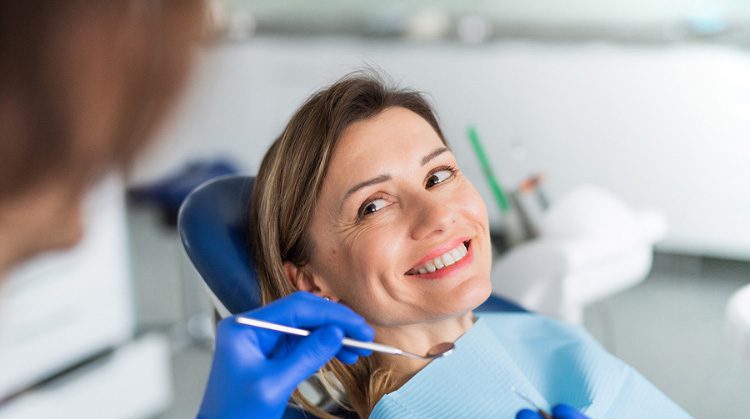
This June is the 24th annual Men’s Health Month, a month dedicated to creating awareness about the health and well-being of both men and boys. One area of men’s health that doesn’t get much attention, except in sitcoms, is snoring. Although it may just seem like an annoying habit, it can actually be a sign of a serious sleep disorder called obstructive sleep apnea.
It’s extremely common, affecting 3 million people year, yet many are completely unaware that they have it. This is because the snoring, gasping and choking on air that happens during sleep is often not remembered in the morning upon waking. According to the American Academy of Sleep Medicine, 24 percent of men have symptoms of sleep apnea, and many of them are completely unaware.
Obstructive Sleep Apnea Can Cause Many Health Problems
Obstructive sleep apnea doesn’t just interrupt sleep, but can also cause many serious health problems as well as some simply unpleasant symptoms.
A study published in the journal Neurology found that heavy snoring can drastically affect your memory. In fact, it can cause it to decline up to 10 years earlier than those who don’t snore. The same research showed that those who were receiving treatment for sleep apnea due to snoring scored similar to non-snorers on memory tests, showing the importance and effectiveness of treatment. One recent study showed that those with sleep apnea are three times more likely to wake up in the morning with a headache.
Another side effect of sleep apnea that many people don’t realize correlates with the sleeping disorder is erectile dysfunction. Research has shown that up to 60 percent of men with sleep apnea struggle with this condition, likely due to oxygen deficiency and constricted blood vessels.
Perhaps the most dangerous health complication caused by sleep apnea is heart problems. The disorder increases your risk for heart disease and stroke.
Treatment for sleep apnea not only stops snoring, but can also save your life. Call us today at (425) 321-1941 to learn more about our alternative treatment for sleep apnea for those who can’t tolerate a CPAP machine.



